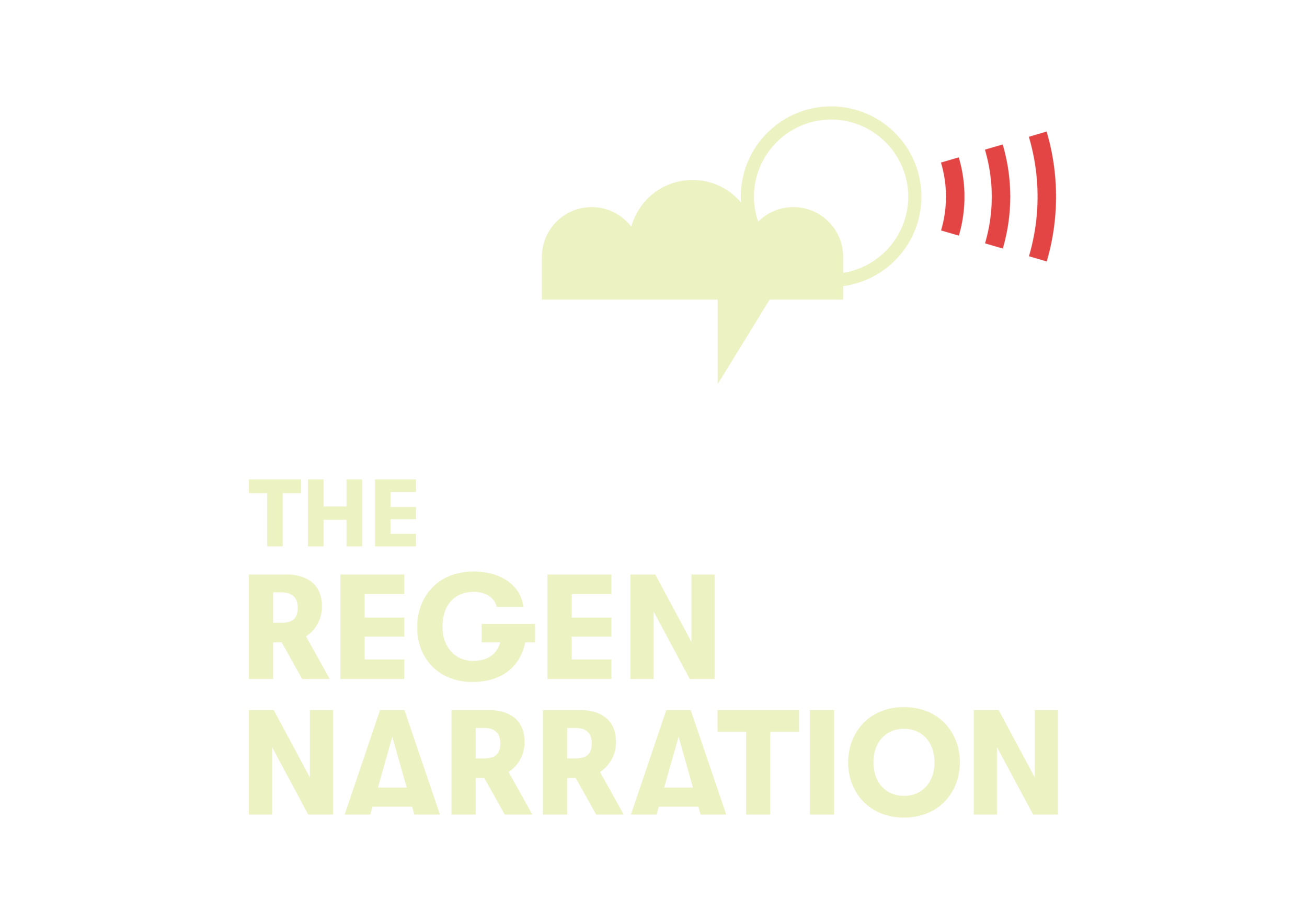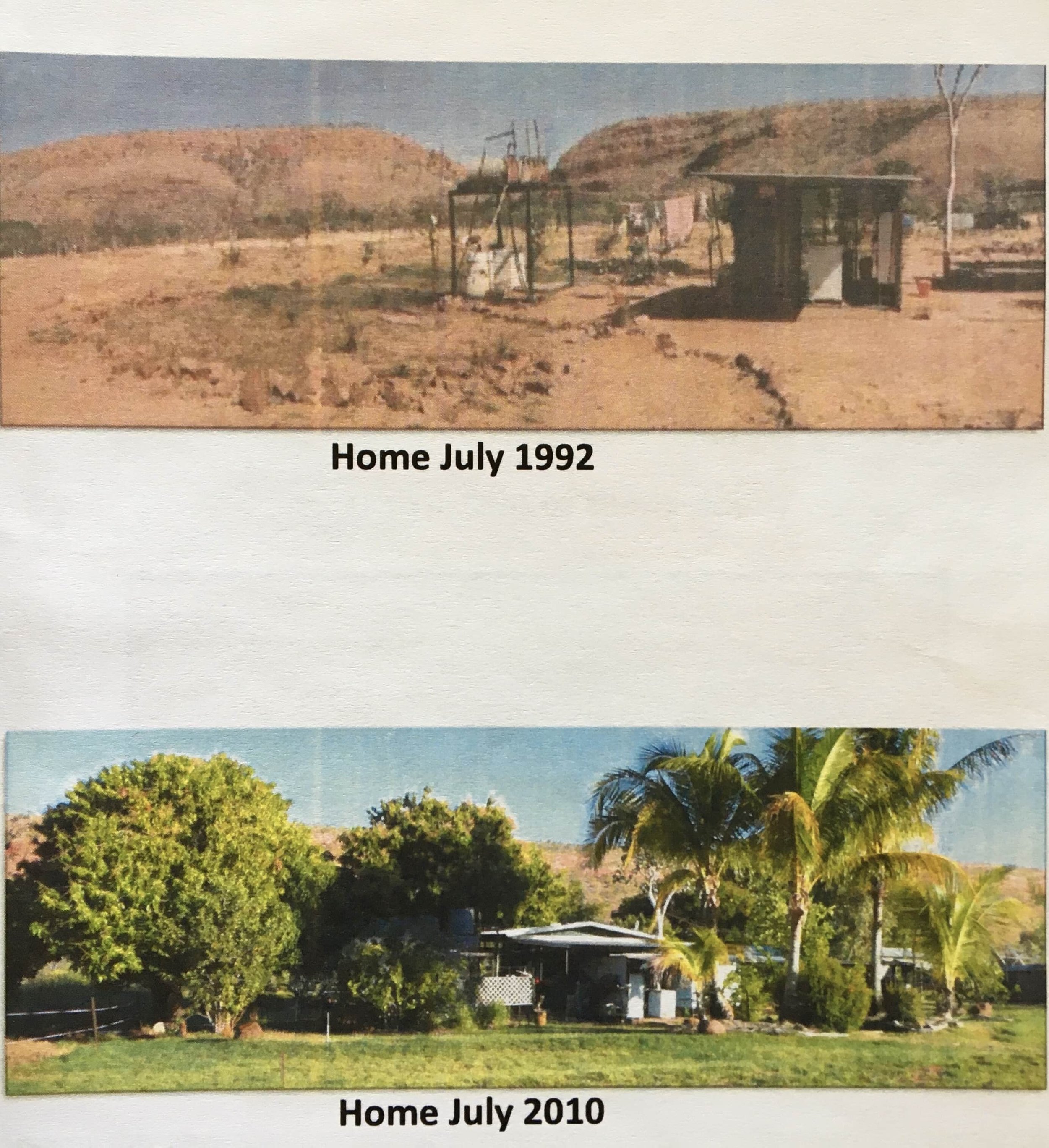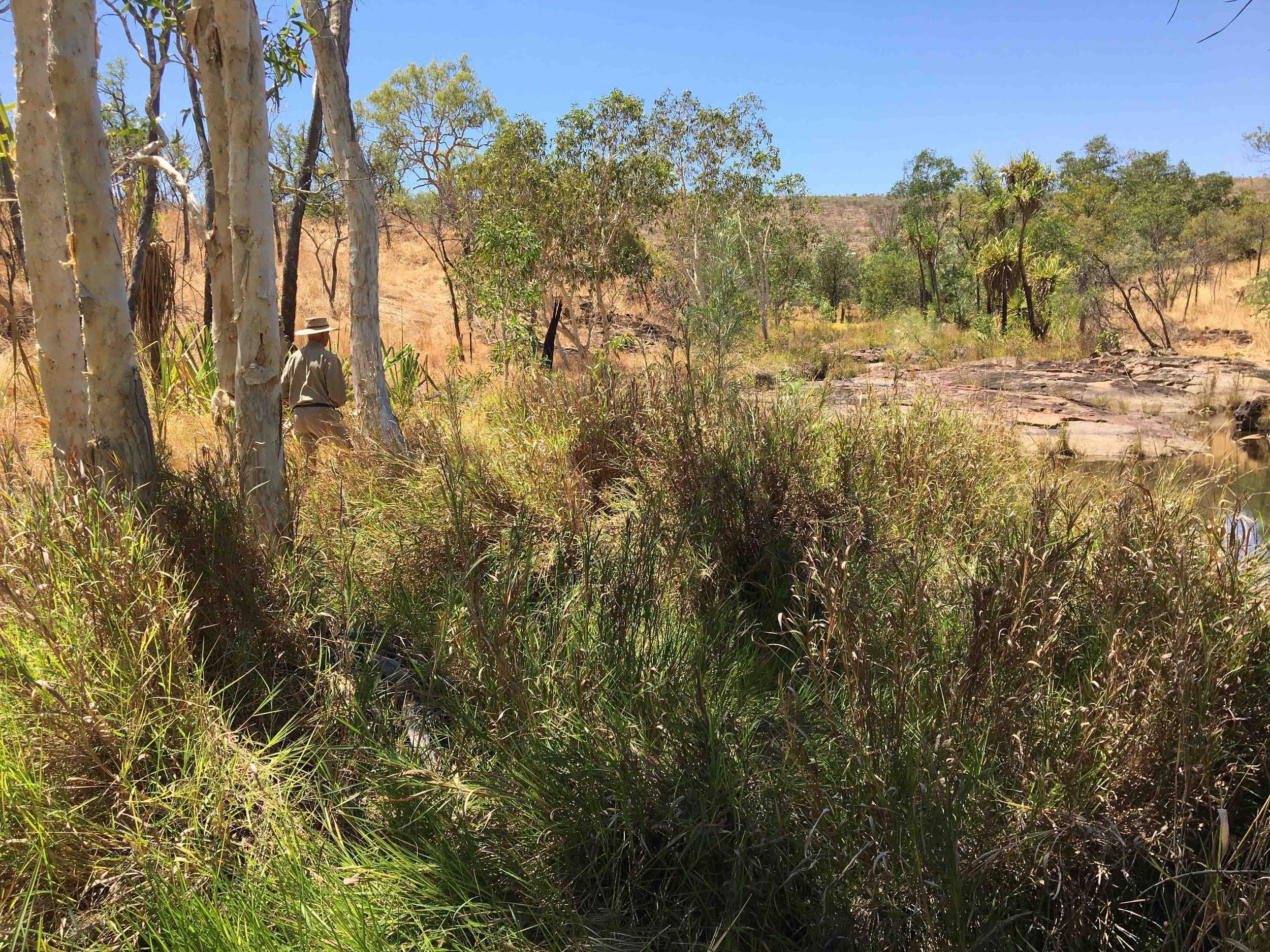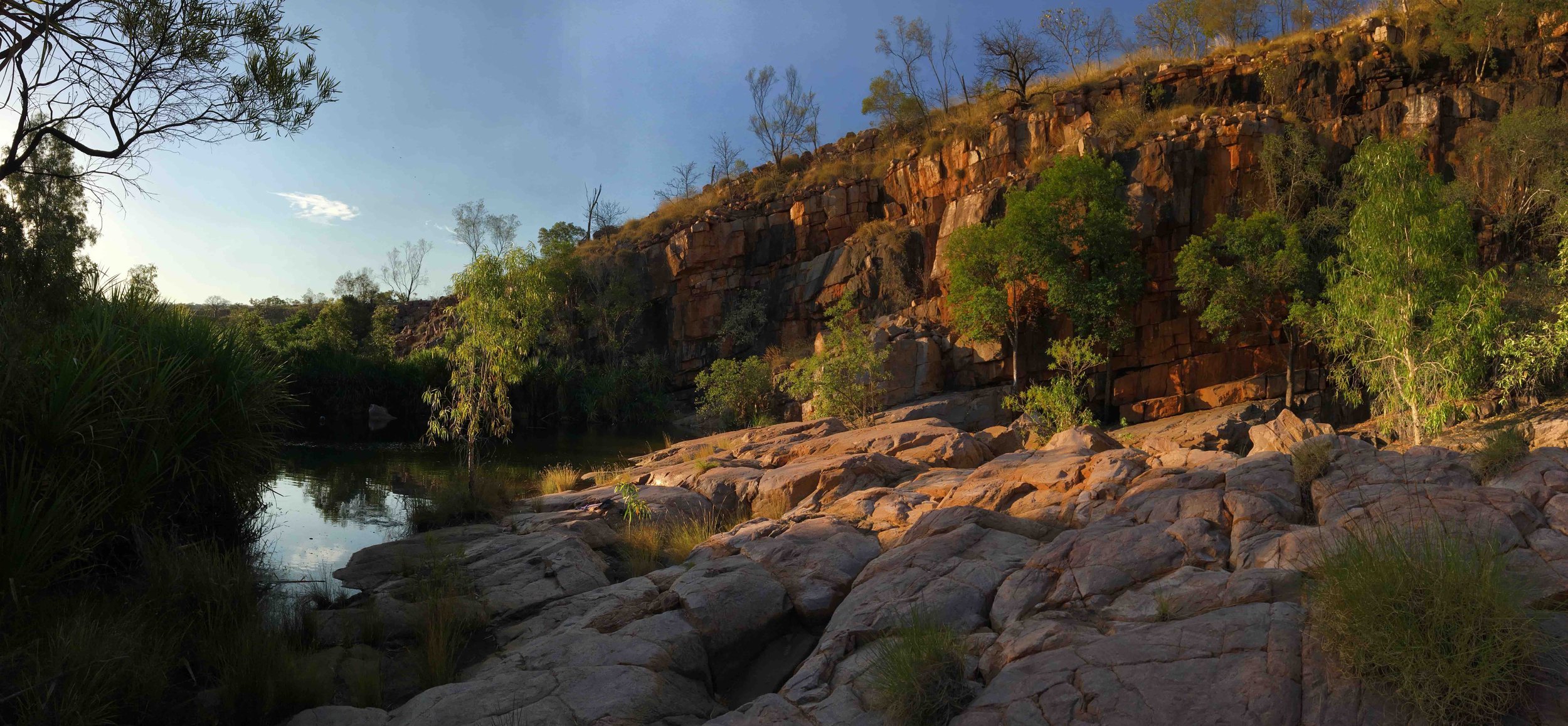#100 Wanted Land Doctors
Rehydrating landscapes, reversing desertification & rebuilding the wealth of country, with Chris Henggeler
Tens of millions of ‘pests’ degrade lands and waters in Australia alone – pigs, goats, camels, buffalos, donkeys. Cruel, wasteful, expensive, mostly futile and often counter-productive culling programs are no solution. But what if it didn’t have to be this way? What if some of those large wild herbivores could be harnessed towards regeneration?
This is the story of a family that has regenerated an incredible patch of country, and for 20 years that has incorporated and relied on wild donkeys. The bond these animals share with this Station family is clear. But the state department recently ordered the family to gun them down. It’s a painful flashpoint. One of the great stories of regeneration is on the line, and by extension, the potential for next generations to build on it, further restoring landscapes at scale for all our benefit.
Chris Henggler on our gorge walk at Kachana Station. Pic: Anthony James.
“We can work with Australia’s new megafauna, the animals that we brought in for pastoral purposes, for riding, for freight. Camels, donkeys, all the domesticated animals that are in Australia could actually help us to go out there and start re-hydrating our landscapes.”
Chris Henggeler and his family manage Kachana Station in a remote pocket of the East Kimberley, only accessible by foot or air. They took responsibility for this desertified and abandoned country, and have achieved so much. Yet with still vast lands desertifying around them, and so much opportunity to build on models like Kachana, Chris gave a presentation earlier this year called ‘Wanted Land Doctors’. It was a powerful invitation for the next generations to join the fray, and how rest of us can help them do it.
The model areas at Kachana feel like an oasis. But imagine this being the norm. As Judith Schwartz, renowned author of The Reindeer Chronicles, says: we could be a world leader off the back of developments like this.
My family and I spent a couple of days here with the podcast last time, back in 2018, and felt transformed. We spent ten days this time, to delve more deeply into this great tale of regeneration, and see for myself whether the donkey shoot order is a necessary evil, or as Chris argues, an enormous error in regeneration, at a time when we can least afford it.
I’ve gone the full distance on this one, with a couple of parts to release, as a) it’s so rare I’m here, b) it’s so vitally important to discuss, and c) there just might be opportunities stemming out of this with some of you.
In the main episode here, we head out to the Station in the old Cessna light plane, before a short evening stroll on arrival. Then come morning, Chris and I head out into the gorge behind the homestead for an extended walk.
This episode was recorded at Kachana Station in the East Kimberley, in the far north east of Western Australia, throughout the week of 13 September 2021.
Click on the photos below for full view, and hover over them for descriptions where they’ve been added. Note that the first 6 photos are taken from a booklet the family produced when Alan Savory visited Kachana. The rest are by Anthony James, except for those with Anthony in them - those are by Olivia Cheng.
Get more:
Tune in to the special Extra to this episode on your preferred podcast platform, or here, and the closing chapter to our time at Kachana, in part 2 of episode 100, ‘The Value of Life: A personal reflection on regeneration, viability, wealth & change’.
And to hear more from our first visit to Kachana Station back in 2018, including more of the back story, and a special Extra with Chris’ brilliant wife Jacqueline Henggeler, tune into episode 25.
The Kachana Station website.
A blog and sequence of short videos with Chris on a webinar hosted by Biodiversity for Livable Climate (which also took place while we were at Kachana).
Music:
The System, by the Public Opinion Afro Orchestra.
The tune accompanying the intro is by Jeremiah Johnson.























